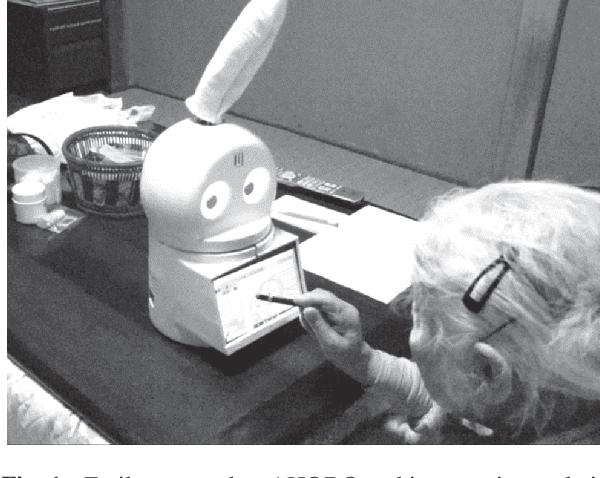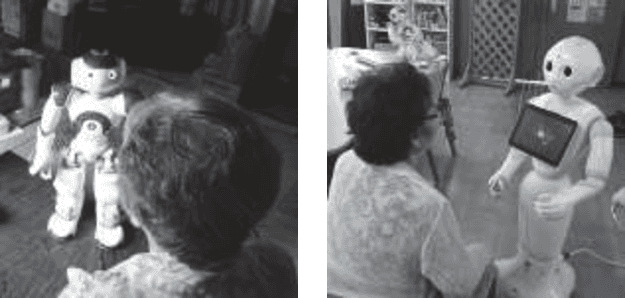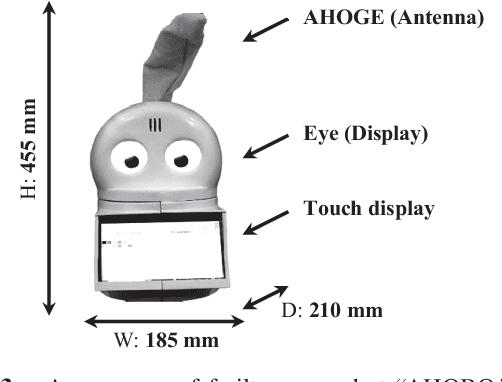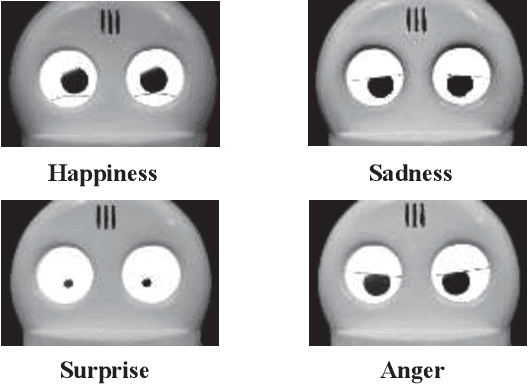Masayuki Ishii
Image Synthesis-based Late Stage Cancer Augmentation and Semi-Supervised Segmentation for MRI Rectal Cancer Staging
Dec 08, 2023Abstract:Rectal cancer is one of the most common diseases and a major cause of mortality. For deciding rectal cancer treatment plans, T-staging is important. However, evaluating the index from preoperative MRI images requires high radiologists' skill and experience. Therefore, the aim of this study is to segment the mesorectum, rectum, and rectal cancer region so that the system can predict T-stage from segmentation results. Generally, shortage of large and diverse dataset and high quality annotation are known to be the bottlenecks in computer aided diagnostics development. Regarding rectal cancer, advanced cancer images are very rare, and per-pixel annotation requires high radiologists' skill and time. Therefore, it is not feasible to collect comprehensive disease patterns in a training dataset. To tackle this, we propose two kinds of approaches of image synthesis-based late stage cancer augmentation and semi-supervised learning which is designed for T-stage prediction. In the image synthesis data augmentation approach, we generated advanced cancer images from labels. The real cancer labels were deformed to resemble advanced cancer labels by artificial cancer progress simulation. Next, we introduce a T-staging loss which enables us to train segmentation models from per-image T-stage labels. The loss works to keep inclusion/invasion relationships between rectum and cancer region consistent to the ground truth T-stage. The verification tests show that the proposed method obtains the best sensitivity (0.76) and specificity (0.80) in distinguishing between over T3 stage and underT2. In the ablation studies, our semi-supervised learning approach with the T-staging loss improved specificity by 0.13. Adding the image synthesis-based data augmentation improved the DICE score of invasion cancer area by 0.08 from baseline.
Frailty Care Robot for Elderly and Its Application for Physical and Psychological Support
Nov 20, 2021



Abstract:To achieve continuous frail care in the daily lives of the elderly, we propose AHOBO, a frail care robot for the elderly at home. Two types of support systems by AHOBO were implemented to support the elderly in both physical health and psychological aspects. For physical health frailty care, we focused on blood pressure and developed a support system for blood pressure measurement with AHOBO. For psychological frailty care, we implemented reminiscent coloring with the AHOBO as a recreational activity with the robot. The usability of the system was evaluated based on the assumption of continuous use in daily life. For the support system in blood pressure measurement, we performed a qualitative evaluation using a questionnaire for 16 subjects, including elderly people under blood pressure measurement by the system. The results confirmed that the proposed robot does not affect the blood pressure readings and is acceptable in terms of ease of use based on subjective evaluation. For the reminiscent coloring interaction, a subjective evaluation was conducted on two elderly people under the verbal fluency task, and it has been confirmed that the interaction can be used continuously in daily life. The widespread use of the proposed robot as an interface for AI that supports daily life will lead to a society in which AI robots support people from the cradle to the grave.
* 9 pages, 15 figures, J. Adv. Comput. Intell. Intell. Inform.(JACIII)
 Add to Chrome
Add to Chrome Add to Firefox
Add to Firefox Add to Edge
Add to Edge